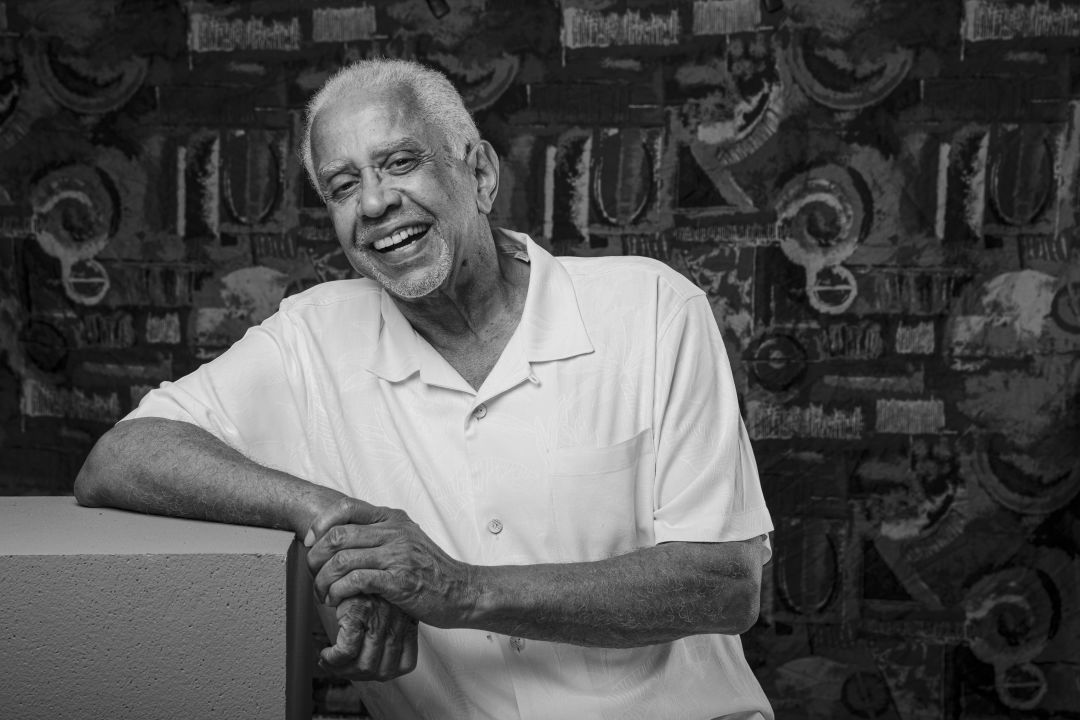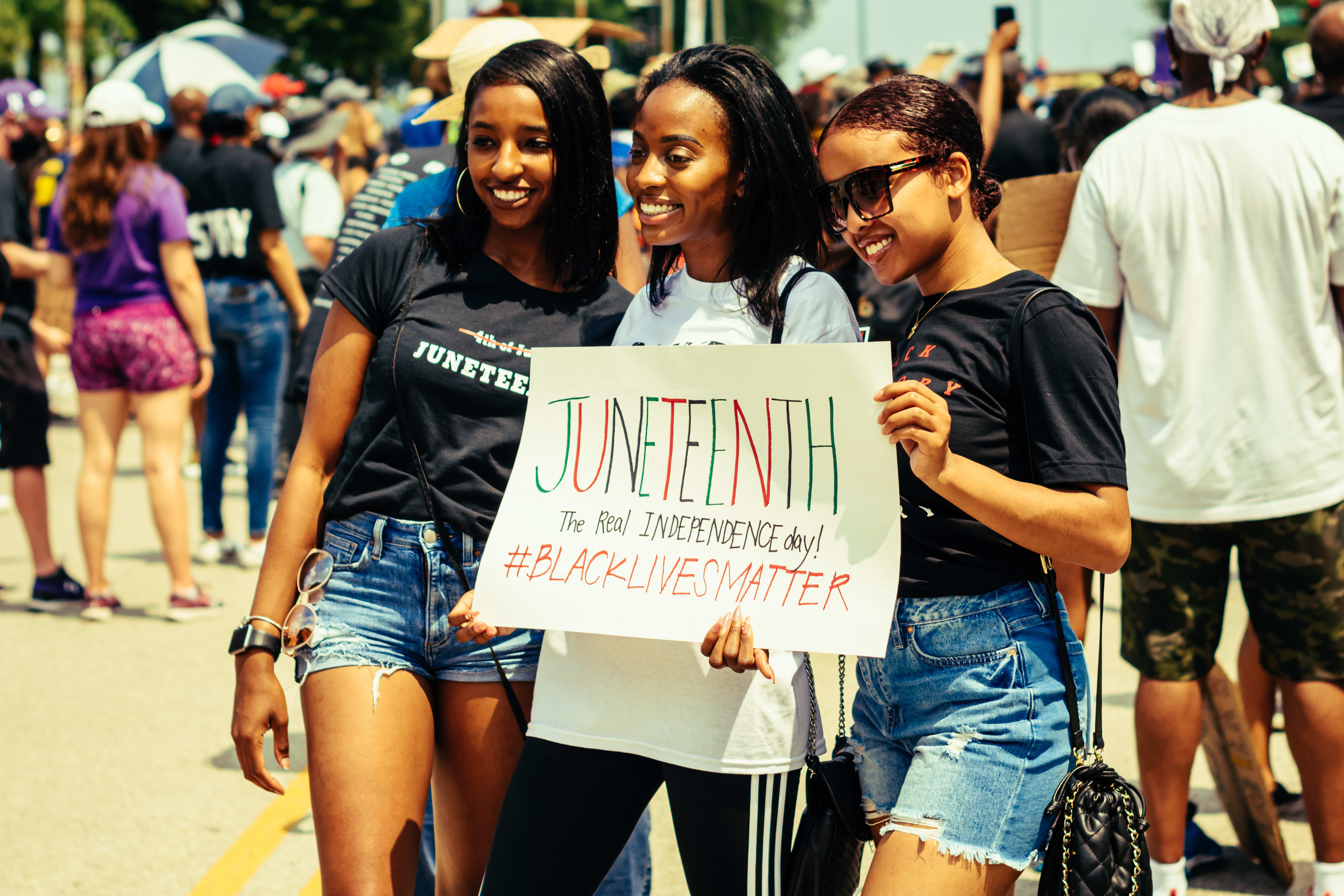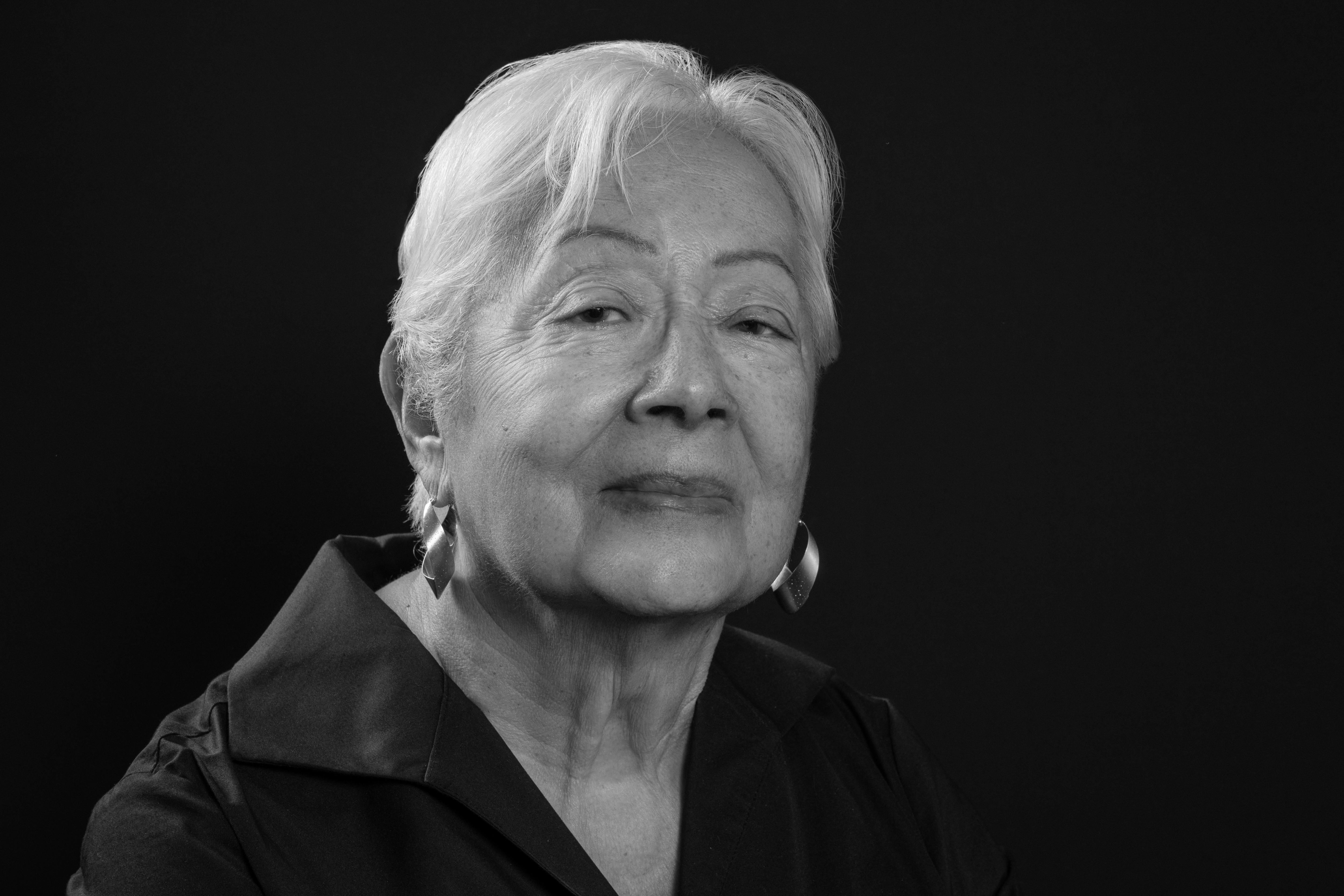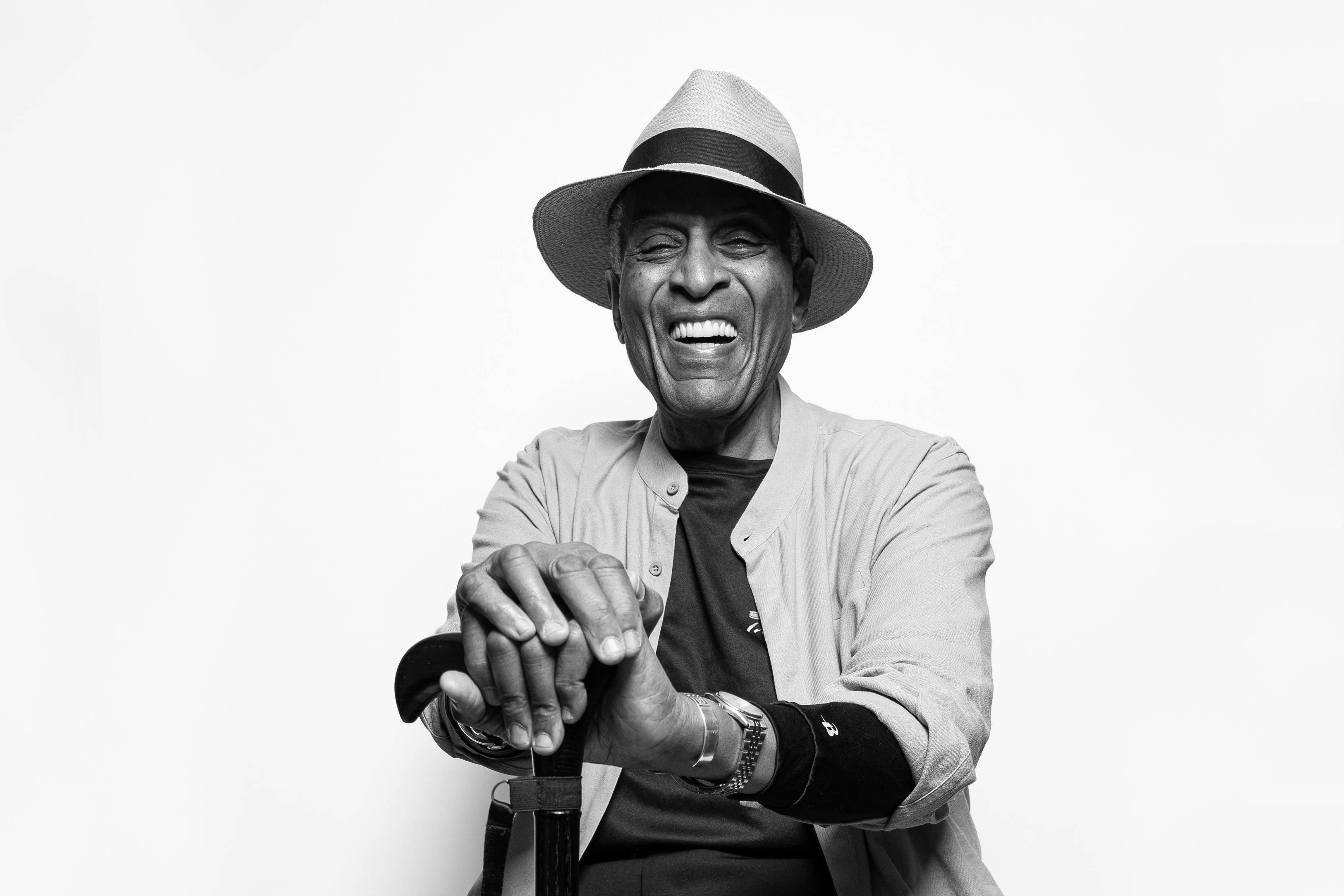Transportation Expert Paul Toliver on Growing Up in Segregated Alabama and the Impact of AI on Public Transit

Image: Jesse Clark
Public transit operations expert Paul Toliver, 77, was born in Baltimore, spent his formative years in Athens, Alabama, and moved to Cincinnati with his father when he was 10 years old. He graduated from high school at age 16, earned his bachelor’s degree from the University of Cincinnati, served in the U.S. Army's elite 111th Military Intelligence Group, and went on to earn his MBA in management and operations research (a forerunner to today's computer science degrees).
In 1973, Toliver began his 40-plus-year career in the transportation industry. As he excelled in the industry, his work took him from Cincinnati to Tulsa to South Bend to New Orleans, where he worked with Ernest "Dutch" Morial, the first Black mayor of New Orleans and the first Black judge in Louisiana.
In 1984, Toliver accepted the role of deputy general manager of the San Francisco Municipal Railway, which was among the top 10 largest transit systems in the country. He worked for then-mayor Dianne Feinstein and was mentored by retired Municipal Railway general manager Curtis Green, the transportation industry's first Black general manager.
In 1988, Toliver joined Seattle Metro (now King County Metro) as transit director. and was ultimately appointed director of the King County Department of Transportation. During his tenure there, the Seattle Metro reported its highest ridership ever: 105 million passenger trips in 2000.
In 2002, Toliver started his own company, New Age Industries, a transportation consulting firm specializing in the use of new and emerging technologies in the public transit and parking sectors. It boasted an international clientele, with clients in places ranging from Virginia to California to new Zealand.
And Toliver was ahead of the times in his thinking about the future of public transportation, too. He co-authored a 1992 paper titled Intelligent Vehicle Highway System Technology for Improving Ridesharing, which proposed ride share services as a means of relieving congestion long before the advent of Uber and Lyft.
Throughout his career, Toliver received numerous accolades, including induction into the American Public Transportation Association’s (APTA) Hall of Fame, the ATPA’s Public Transportation System Outstanding Achievement Award and ATPA’s Jesse L. Haugh Award, which recognized him as an outstanding public transportation manager.
Now semi-retired, Toliver and Jane, his wife of 55 years, relocated to Manatee County in 2017. In addition to his community service work and his role as the co-founder of the annual Seattle Jazz Offering concert, Toliver tell us he's "a philosopher, a beach walker and a poet." This interview has been edited and condensed for length and clarity.
Tell us about your childhood.
"I was born in Baltimore, but by the time I was six months old, we moved to the small town of Athens, Alabama, which had about 8,000 people. My mother had breast cancer, so we went to live with my grandparents for her care until she lost her battle when I was 10.
"In the meantime, my father went to Cincinnati to get a job. It was difficult for a Black man to get a job in the south, even though he was a graduate of Talladega University. A couple years after my mother died, my father remarried, and my little brother and I moved to Cincinnati in 1958 to be with our three new siblings."
Tell us more about your family.
"I was the grandson of Maxie Allen, who owned a big white house, an important distinction for a Black family in the South. [Allen] was considered—this was the terminology of the time—'the Negro' in the small town of Athens. As his grandson, I grew up privileged. Well, as much as I could be."
Do you remember when you were first confronted with racism?
"I attended a Black elementary school in Alabama, but we didn’t know it was a Black school, even though there was a law that didn’t consider us full citizens. When I went to the movie theater, we’d have to sit upstairs, where it said ‘colored.’ I drank out of the ‘colored’ water fountain. That was the way life was then.
"In Cincinnati, there were fewer overtly racist activities, but it was still obvious it existed—for example, in the lack of ability to get jobs and housing. After Jane and I got married in 1969, we tried to buy our first house, but when we showed up, it was ‘no longer available.’ When we tried to rent a beautiful apartment across from Eaton Park, we were told, ‘Oh, it's not for rent anymore,’ when we got there. We knew it was deliberate because we're Black. We were not welcomed customers. And that was in a northern city.
"When I lived in Alabama, I was old enough to understand that I was going to be faced with discrimination. I figured that out early. I never walked around assuming that everybody was going to love me."
How did you get into the field of public transportation?
"I applied to Delta Airlines and to railroad companies for a job. Then I looked at public transit and saw that a company called American Transportation Enterprises got the contract to manage the Cincinnati bus company, and that was where I lived. I walked in one day, knocked on the door and asked the young vice president if I could interview for a job. The rest is history."
Was that vice president white or Black?
"He was white, a Harvard MBA, and the son of owner. But he understood that for a company to be successful in major urban communities, that company better have a diverse workforce that looks like the people in the community. That was 1973. I was the second Black employee. The other Black guy was a Harvard grad."
AI is a hot—and controversial—topic right now, and it's looming large over many industries. Do you see it having a positive or negative impact on transportation?
"I'm on a National Academy of Sciences Transportation Research Board panel and we are studying this issue. I'm active in the research to show that AI will indeed impact the public transit system. It will create the ability to more efficiently operate the system because many moving parts exist, which are now managed by humans. There's no question it will have a positive impact on operations.
"But that's also a negative impact. Like any other industry, there’s the conflict of the potential loss of a lot of jobs, including bus drivers. We're moving toward autonomous vehicles. One of the key [autonomous vehicle] communities in the nation is Jacksonville. Right here in our own state, a community is experiencing buses that drive themselves on city streets."
What challenges do you see?
"The rider’s perception of safety, whether they're on the road or inside the bus, since there's no human being there if something goes wrong. But we'll solve those problems with technology—possibly cameras or robots on the bus.
"Because of the economics, this is coming to public transit within 10 years or sooner, whether you’re anti-AI or not. Unfortunately, in our country, that's the bottom line. If a project or idea makes money, one way or the other, it’s going to happen.
"At the same time, we need to be aware of the social and psychological impacts of AI, which is being studied at prestigious universities in all industries. [Researchers] study how technology will no longer involve human beings and how that will impact people, and what group or groups it will harm. Will we create new, disparate groups? Does this create new ways of separating the 'haves' and the 'have-nots'? We need to be sure, if harm is done, that it’s not because of what you look like, how old you are, or your religion. I want [implementing AI] to be positive. That means work must be done to make sure that it's not negative."
What would you like your white friends or acquaintances to be doing right now?
"Pay attention to what is going on locally and internationally. Don’t blindly follow those whose rhetoric promises a city, state, nation or world of no problems. Go beyond the rhetoric and look at facts—the actual results and behaviors—before making up one’s mind.
"And deliberately meet and get to know those who are different than you are. Learn who they are, understand what motivates them and what they want from life. Finally, it’s important to believe that we all have a right to be here."
Listening to Black Voices is a series created by Heather Dunhill



